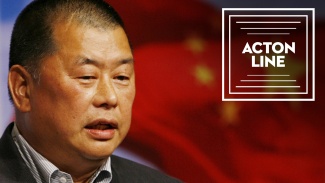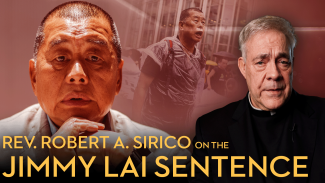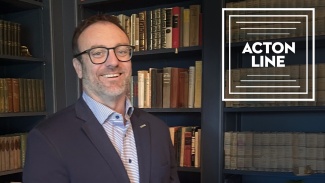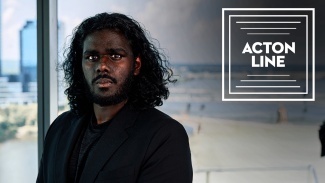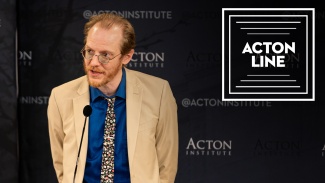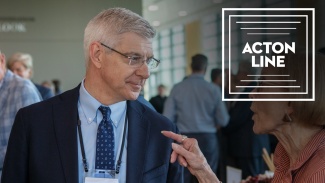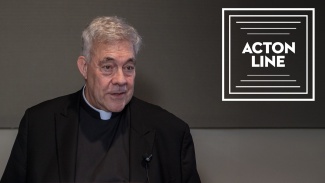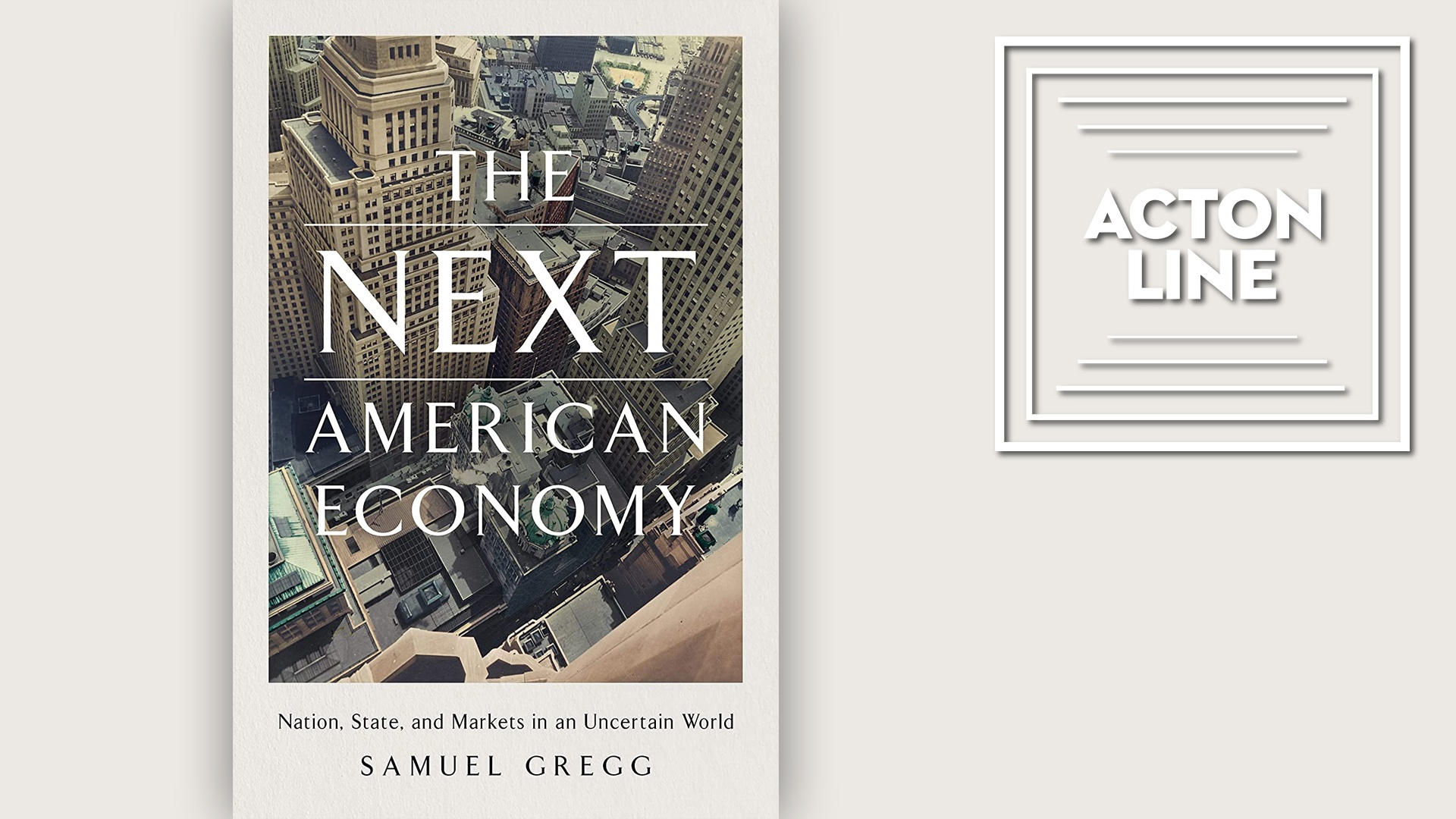
Overview
One of America’s greatest success stories is its economy. For over a century, it has been the envy of the world. The opportunity it generates has inspired millions of people to want to become American.
Today, however, America’s economy is at a crossroads. Many have lost confidence in the country’s commitment to economic liberty. Across the political spectrum, many want the government to play an even greater role in the economy via protectionism, industrial policy, stakeholder capitalism, or even quasi-socialist policies. Then there is a resurgent China bent on eclipsing the United States’ place in the world. At stake is not only the future of the world’s biggest economy, but also the economic liberty that remains central to America’s identity.
But managed decline and creeping statism do not have to be America’s only choices, let alone its destiny. In his latest book, “The Next American Economy: Nation, State, and Markets in an Uncertain World,” Dr. Samuel Gregg insists that there is an alternative—and that is to become a vibrant Commercial Republic grounded in entrepreneurship, competition, and trade openness, as envisioned by the founding generation.
In this episode, Dylan Pahman, executive editor of the Journal of Markets & Morality and a research fellow at the Acton Institute, sits down with Dr. Gregg, Distinguished Fellow in Political Economy and Senior Research Faculty at the American Institute for Economic Research and an affiliate scholar at the Acton Institute, to discuss the book and the economic, political, and moral complications of our increasingly globalized world.
The Next American Economy | Amazon
The Next American Economy Is Cause for Hope
“Globalization,” in Stanford Encyclopedia of Philosophy
Adam Smith on the Benefits of International Trade
Dylan Pahman, “Fiat Currency, the Euro, and Greek Default”
Samuel Gregg, “Rethinking Free Markets in an Age of Anxiety”


